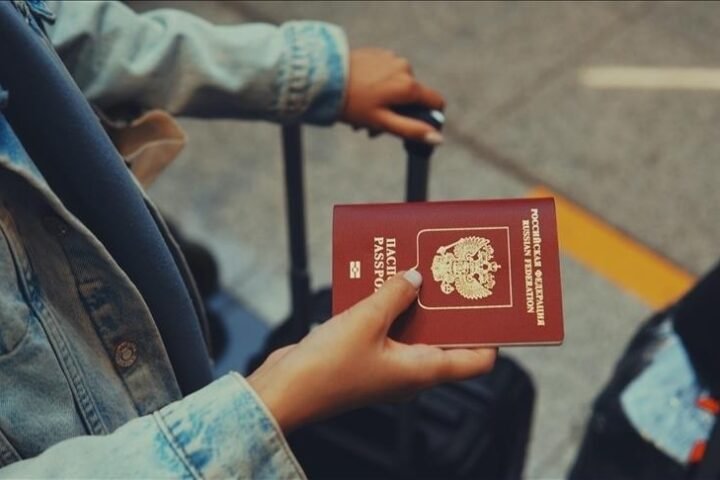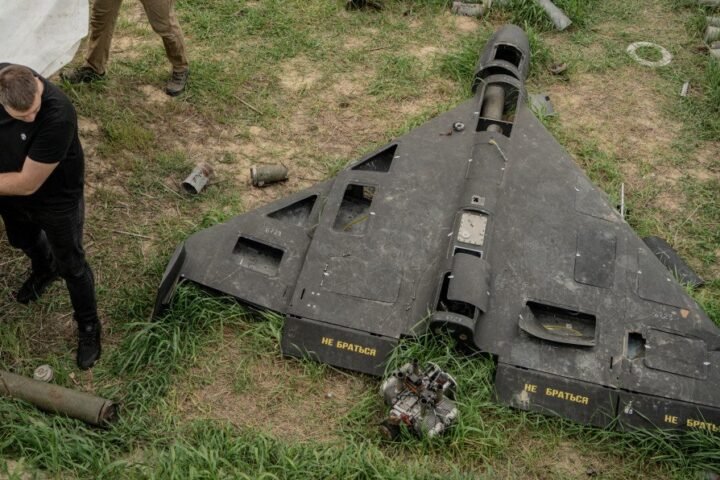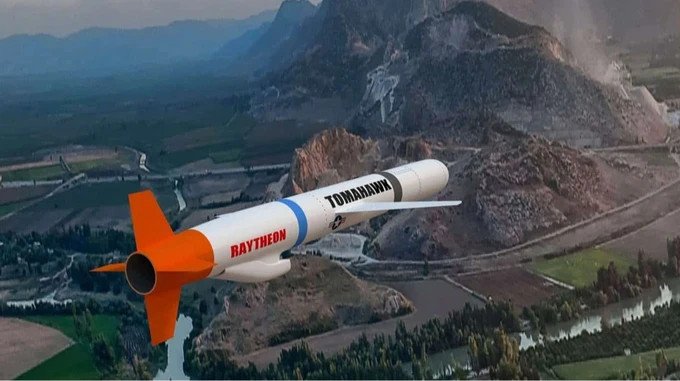Azerbaijani President Ilham Aliyev announced on July 19 that Baku is preparing legal action in international courts against Russia over the downing of an Azerbaijani passenger plane near Kazakhstan’s port city of Aktau. The AZAL Embraer aircraft, en route from Baku to Grozny, was shot down from the ground on December 25, 2024. All 38 people onboard were killed.
Aliyev said the evidence surrounding the crash is “as clear as day,” yet Azerbaijan has received no substantive response from Moscow in the seven months since the incident. Despite repeated official inquiries from the Azerbaijani prosecutor general to the head of Russia’s Investigative Committee, the only reply has been that the investigation is “still ongoing.” Baku has condemned this position as counterproductive.
Demands for accountability and compensation
Aliyev stressed that Azerbaijan demands official recognition of responsibility, prosecution of those who fired on the aircraft, compensation to victims’ families, and restitution for the loss of the aircraft. Drawing a parallel with the decade-long investigation into the Malaysian Airlines MH17 case, he added: “We are ready to wait ten years, but justice must prevail.”
According to the Azerbaijani leadership, Russia’s political and military authorities were fully aware of what happened, prompting Aliyev to question why Moscow refuses to act “as any neighboring country would in such a situation.”
Relations with Russia reach historic low
The plane crash marked a major turning point in Azerbaijan-Russia relations, which had already been deteriorating following the end of the Second Karabakh War. Moscow had long played a self-assigned role as mediator between Baku and Yerevan, while in practice backing Armenia. After reclaiming control of Nagorno-Karabakh with Turkish support, Azerbaijan pushed for — and achieved — the early withdrawal of Russian “peacekeepers” from the region in spring 2024.
Tensions spiked further in June 2025 when dozens of Azerbaijani nationals were detained in Russia, some dying in custody. In response, Azerbaijani authorities arrested undercover FSB agents operating within the Sputnik Azerbaijan news agency and shut down Russian cultural centers, including the Russian House.
Strategic realignment away from Moscow
Baku has since accelerated its strategic shift away from Russia, deepening ties with Turkey and the West. Its support for Ukraine has become increasingly visible, with ongoing humanitarian aid and diplomatic backing as Kyiv defends itself against Russian aggression.
Geopolitically, Russia’s influence in the South Caucasus is waning, and experts warn Moscow may respond with trade restrictions or provocations along border areas. Azerbaijan, meanwhile, is reportedly in talks with Ankara about establishing a Turkish military base on its territory — a move that could significantly alter the regional balance of power.










